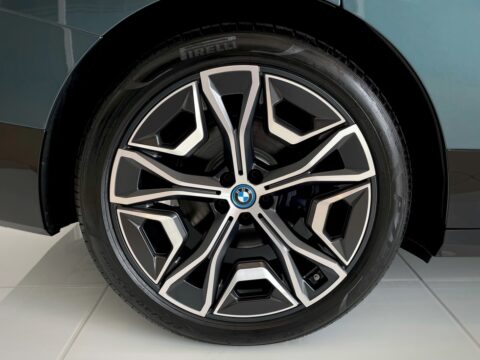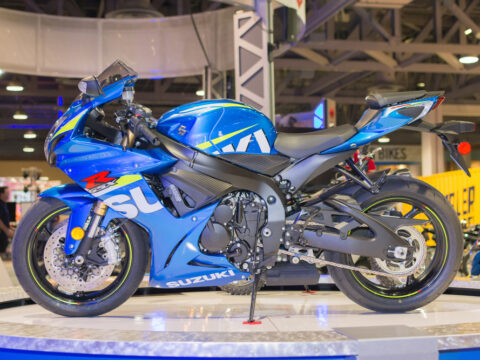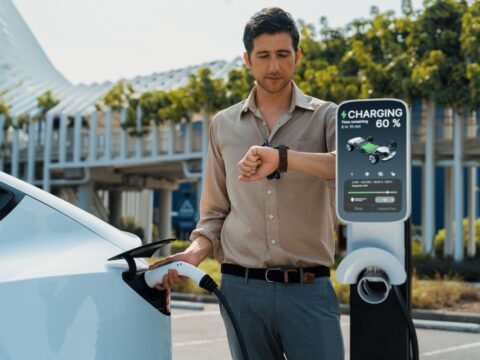Car design is more than just sleek lines and fancy features; it’s about innovation, functionality, and anticipating future trends. Auto designers have a unique perspective on what’s coming next in the automotive world. Here are 15 secrets they wish you knew about car trends, offering a peek behind the curtain of this ever-evolving industry.
Contents
Sustainability Is Key

Auto designers are increasingly prioritizing eco-friendly materials and sustainable manufacturing processes. This includes using recycled plastics, natural fibers, and low-emission production techniques. By focusing on sustainability, designers aim to reduce the environmental impact of vehicles, from production to disposal, aligning with global efforts to combat climate change.
Minimalist Interiors
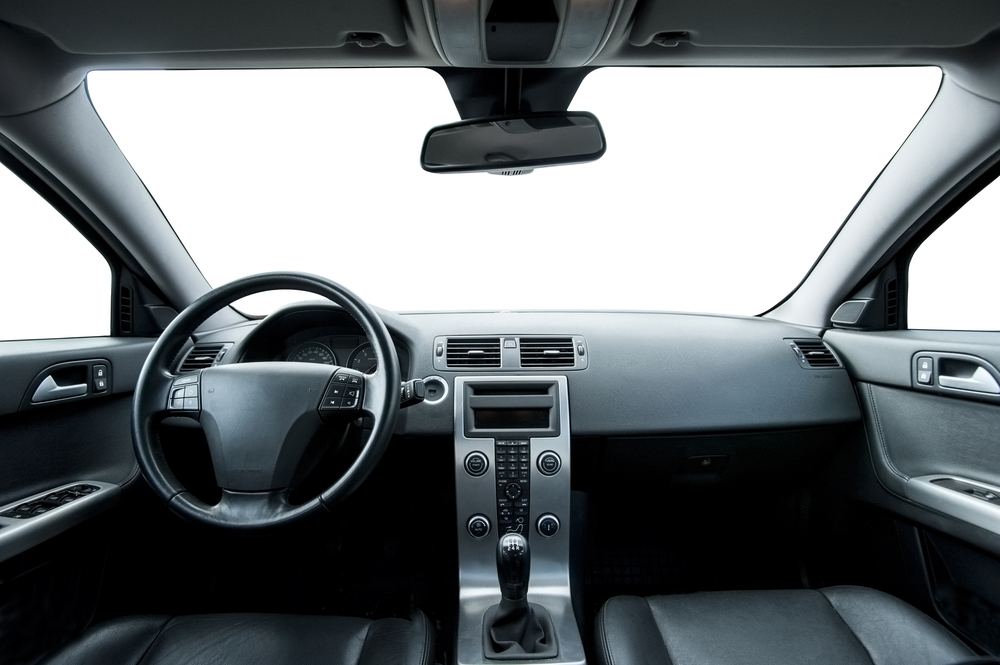
The trend towards minimalist interiors is driven by a desire for simplicity and functionality. Designers are eliminating unnecessary buttons and switches, opting for sleek touchscreens and voice-activated controls. This creates a clean, uncluttered look that enhances the driving experience and reflects modern aesthetic preferences.
Advanced Aerodynamics
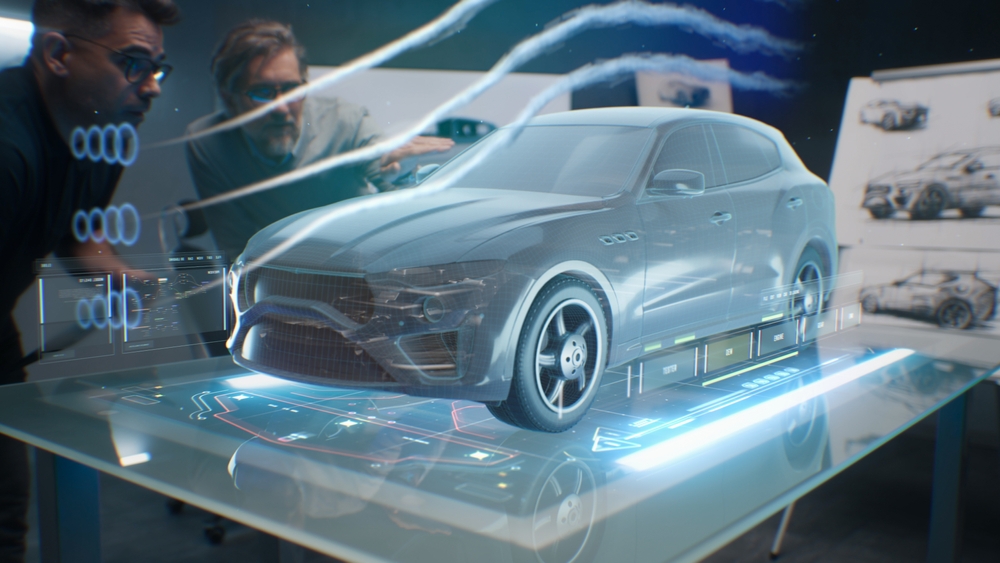
Improved aerodynamics are crucial for enhancing fuel efficiency and performance. Designers are employing techniques like smooth underbodies, active grille shutters, and streamlined shapes to reduce drag. These innovations not only improve fuel economy but also contribute to a quieter, more stable ride.
Electric Revolution
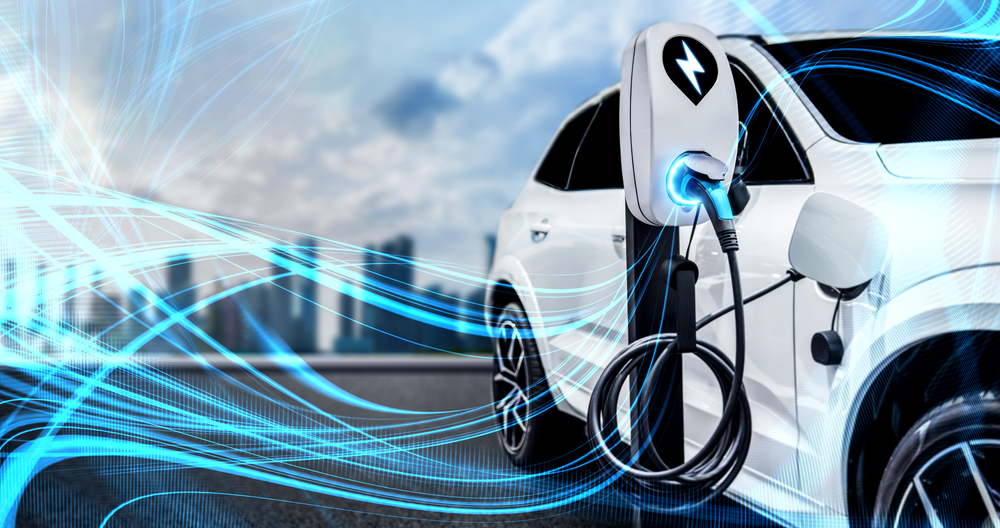
The rise of electric vehicles (EVs) is transforming car design. Without the need for traditional engines and exhaust systems, designers have more freedom to innovate. This has led to new shapes, improved interior space, and unique design elements that distinguish EVs from conventional cars.
Personalization
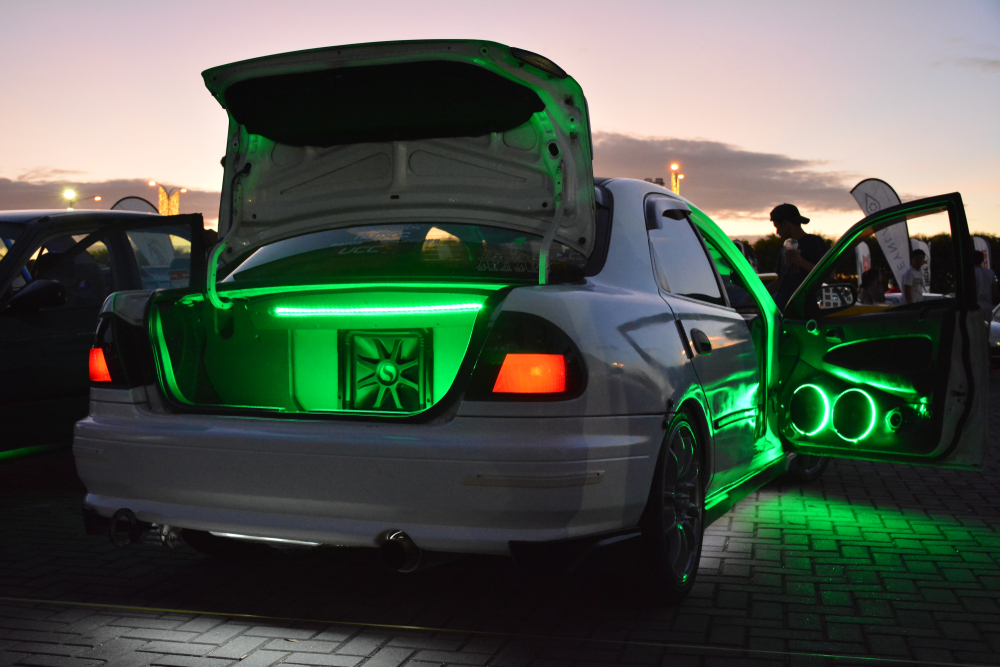
Consumers are increasingly seeking cars that reflect their personal style. Designers are responding with customizable features, from paint colors and interior materials to digital displays and lighting. This trend allows buyers to create a vehicle that is uniquely their own, enhancing their connection to the car.
Integration of AI
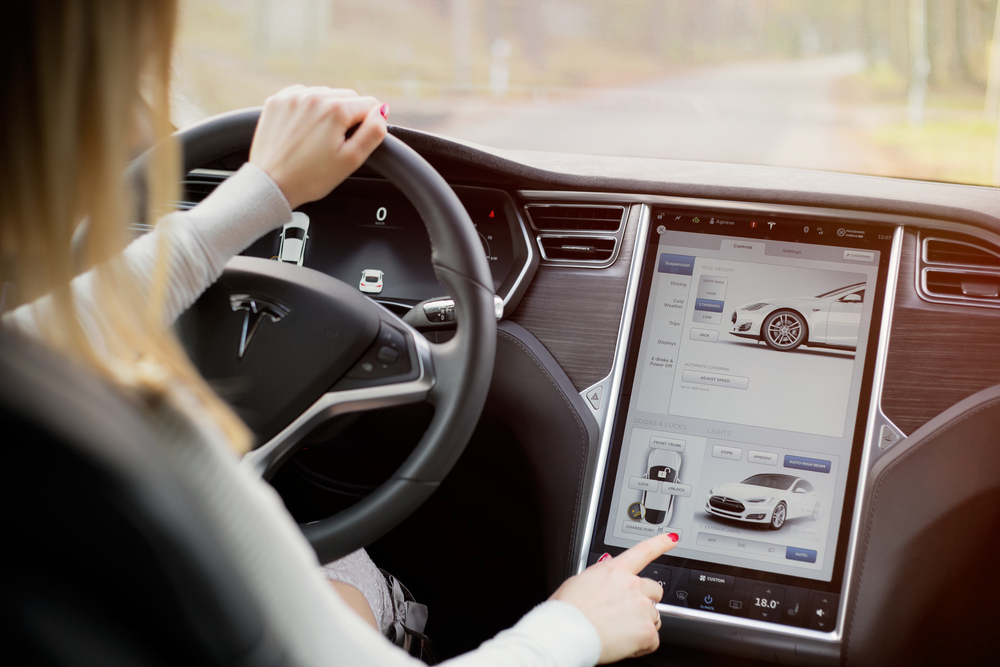
Artificial intelligence is revolutionizing car design by enabling advanced driver assistance systems (ADAS). Features like adaptive cruise control, lane-keeping assist, and automated parking are becoming standard, enhancing safety and convenience. AI also powers predictive maintenance and personalized driving experiences.
Smart Connectivity
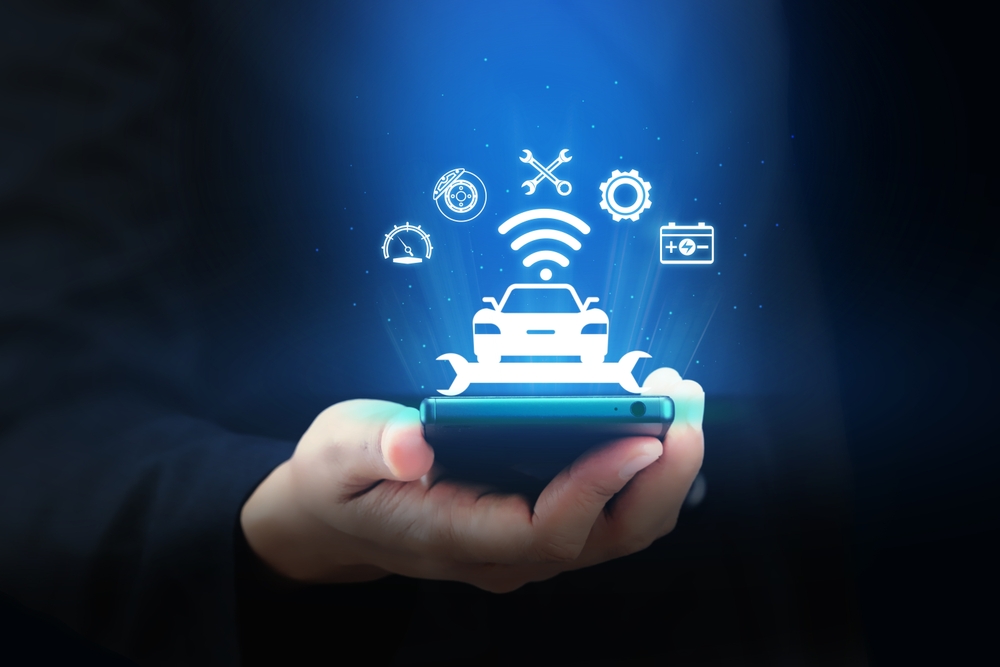
Modern cars are more connected than ever, with advanced infotainment systems and seamless smartphone integration. Designers are incorporating features like over-the-air updates, real-time traffic information, and remote vehicle control, making the driving experience more connected and convenient.
Autonomous Driving
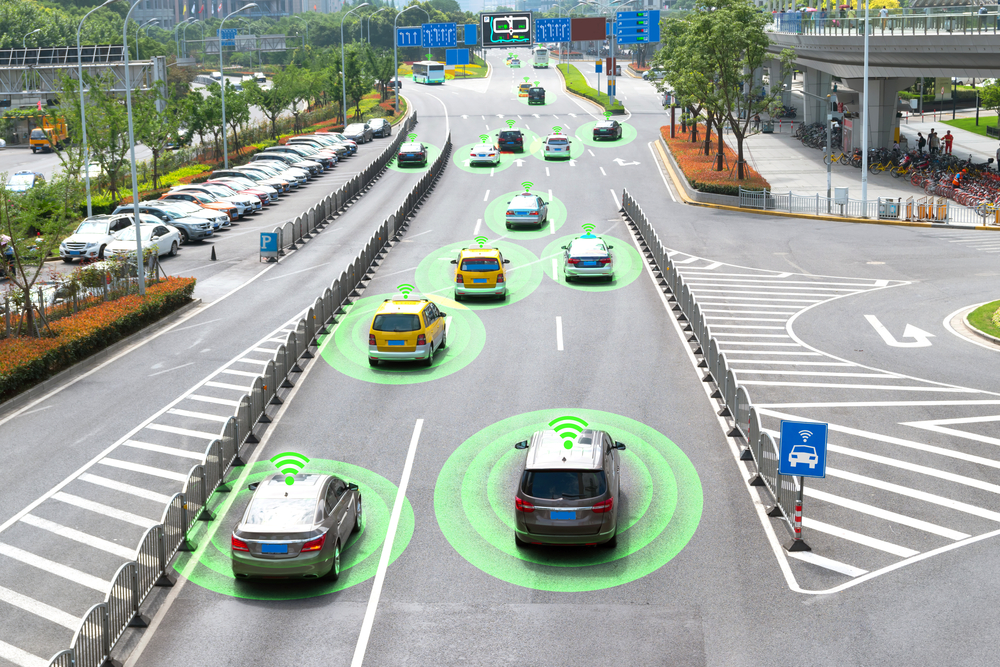
As self-driving technology advances, car designs are evolving to accommodate sensors and systems needed for autonomous driving. This includes integrating cameras, lidar, and radar seamlessly into the vehicle’s design, ensuring these technologies are both functional and aesthetically pleasing.
Lightweight Materials
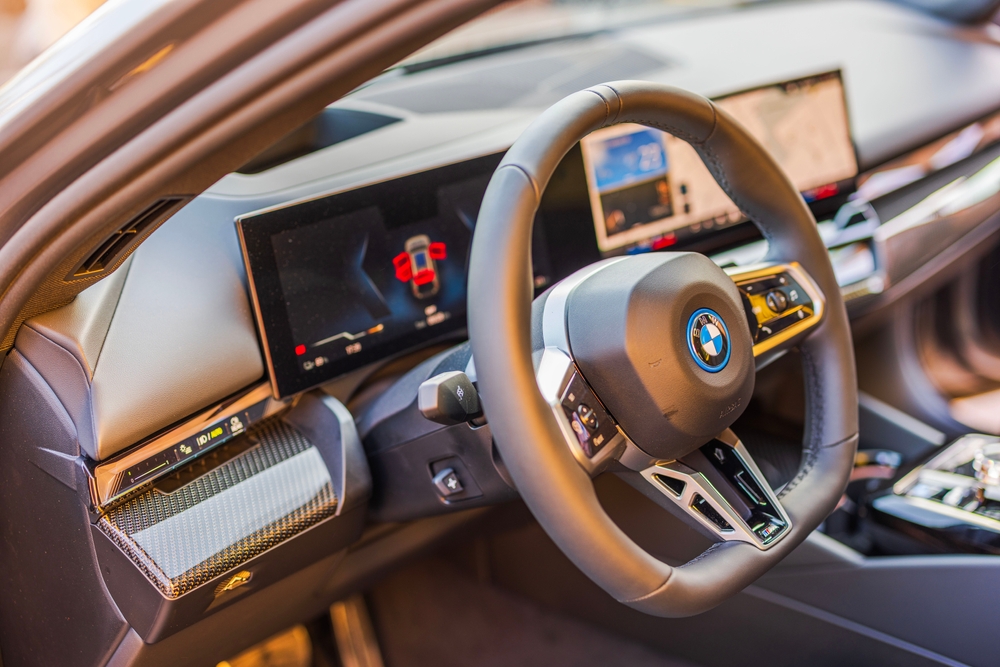
The use of lightweight materials like carbon fiber, aluminum, and high-strength steel is increasing to improve performance and efficiency. These materials reduce the car’s weight, enhancing acceleration, handling, and fuel economy, while also contributing to safety through their strength and durability.
Safety First
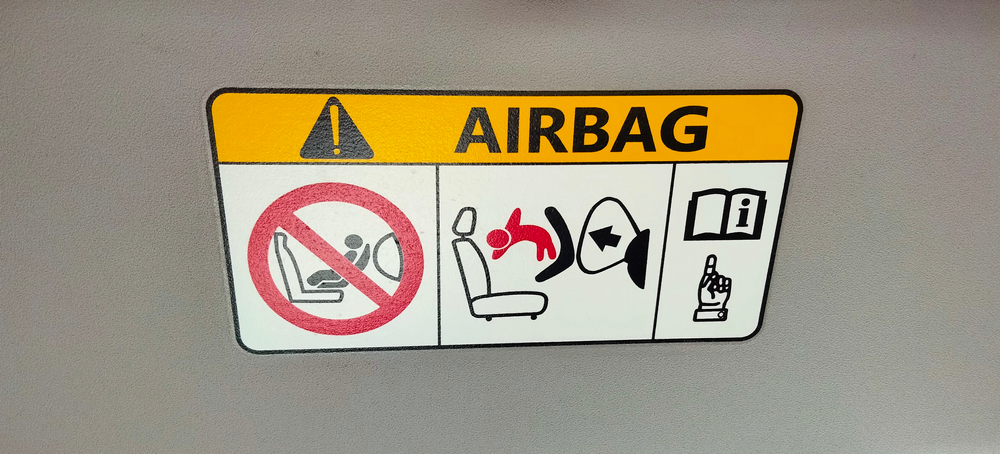
Safety remains a top priority for auto designers. Innovations such as advanced airbag systems, collision avoidance technologies, and reinforced passenger cells are becoming more sophisticated. These features aim to protect occupants and reduce the severity of accidents, contributing to safer roads.
Bold Colors and Finishes
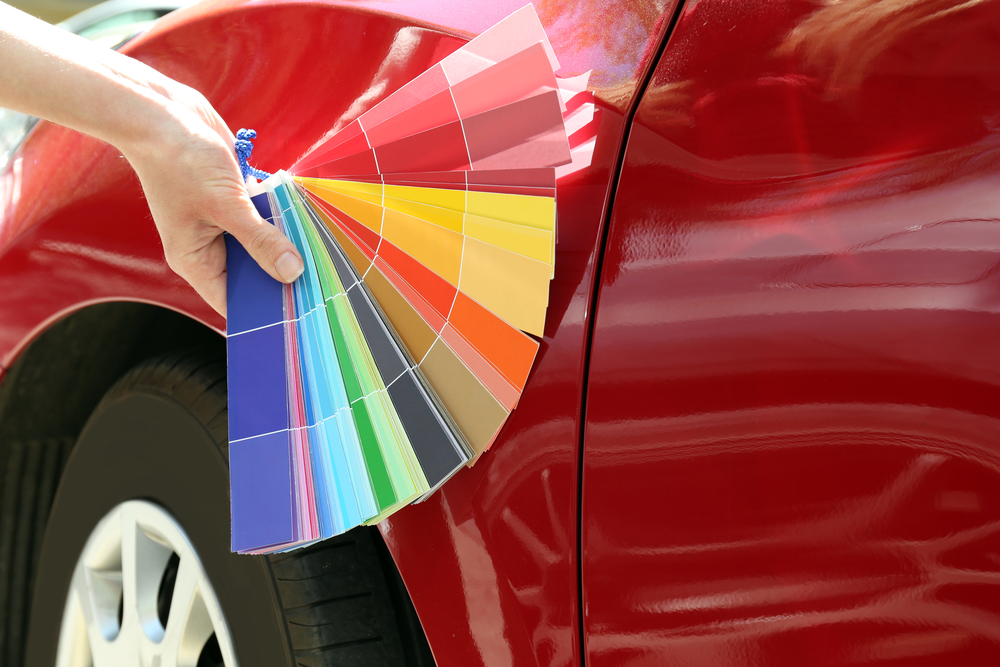
Unique and bold paint colors and finishes are making a comeback, allowing cars to stand out on the road. Designers are experimenting with matte, metallic, and pearlescent finishes, as well as vibrant colors that make a statement and reflect individual style.
Dynamic Lighting
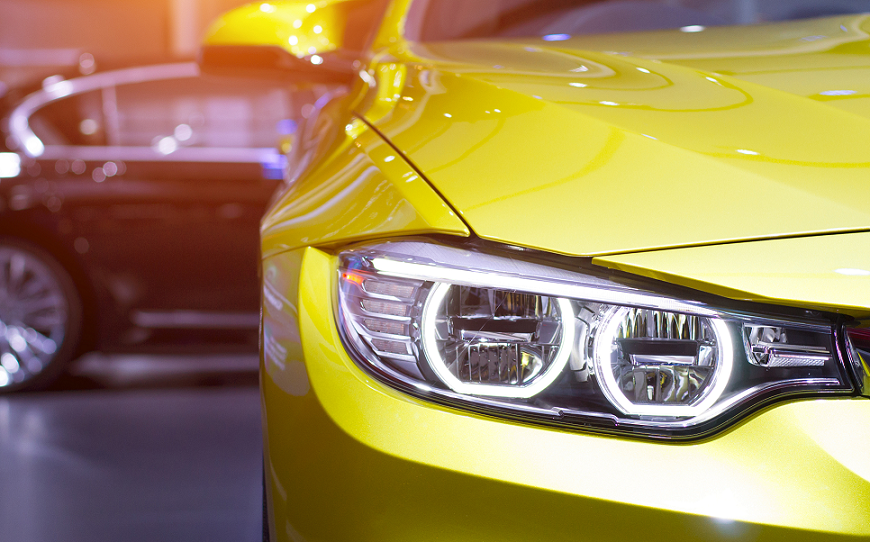
Adaptive headlights and customizable interior lighting are gaining popularity. These features not only enhance safety by improving visibility but also add a touch of personalization. Designers are incorporating LED and laser technologies to create dynamic lighting effects both inside and outside the vehicle.
Sleek Silhouettes
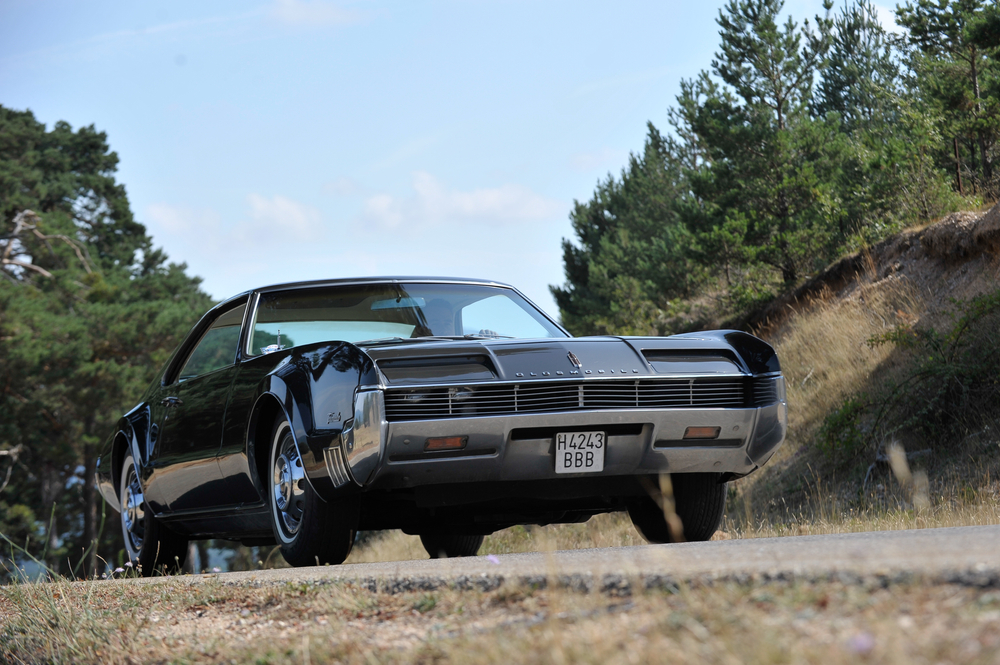
Streamlined, aerodynamic shapes are in demand as they improve fuel efficiency and create a modern look. Designers are focusing on smooth lines and curves that reduce drag, enhance performance, and give cars a futuristic appearance.
Increased Cabin Space
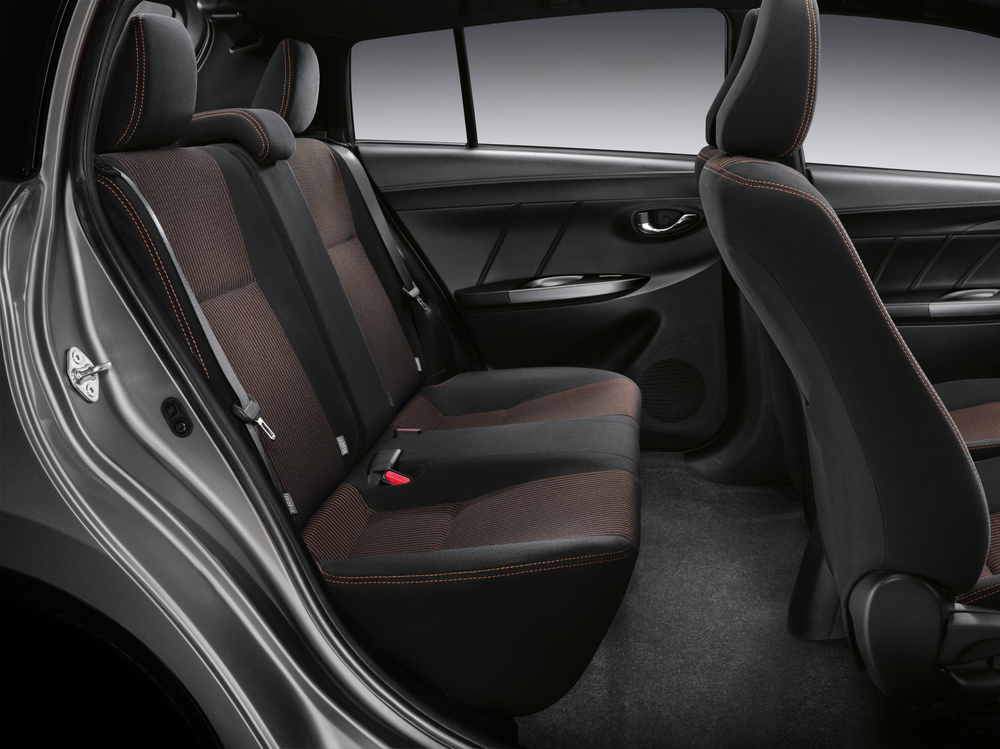
Optimizing interior space is a key focus for designers. By rethinking layouts and using compact components, they are able to create more spacious and comfortable cabins. This enhances the passenger experience, especially in smaller vehicles, where efficient use of space is crucial.
Noise Reduction

Efforts to reduce cabin noise are a priority for improving ride quality. Designers are using sound-deadening materials, improved aerodynamics, and advanced engineering techniques to minimize road and wind noise. A quieter cabin contributes to a more comfortable and enjoyable driving experience.
This article originally appeared in MyCarMakesNoise.
More from MyCarMakesNoise
20 Family Cars That Combine Value and Affordability
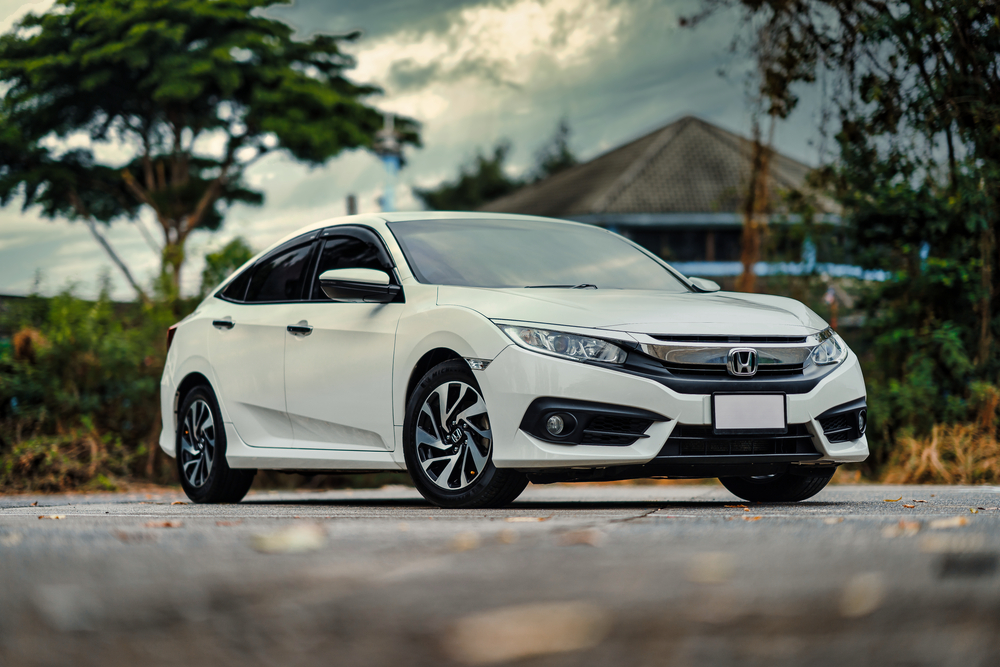
Finding the right family car on a tight budget can be challenging, but there are practical and affordable options available. These cars offer reliability, space, and comfort without breaking the bank. Read More.
20 Cars That Don’t Deliver Good Value for the Middle-Class Buyers
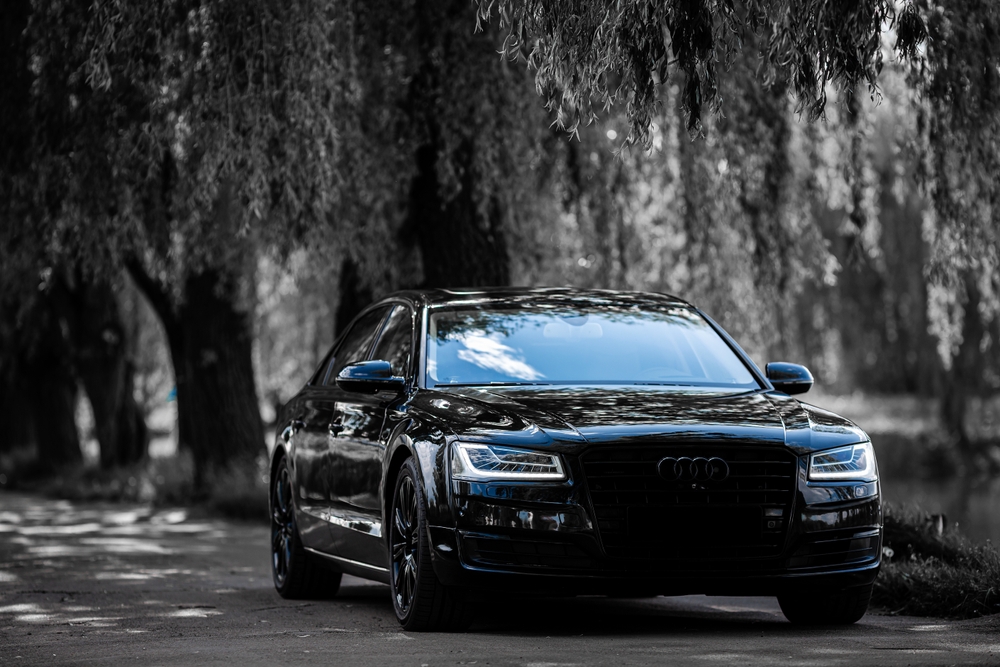
When choosing a car, it’s important to consider the long-term costs and practicality. Some vehicles, despite their appeal, can be expensive to maintain and own. Read More.
Toyota’s Top 20 Reliable Cars That Stand the Test of Time
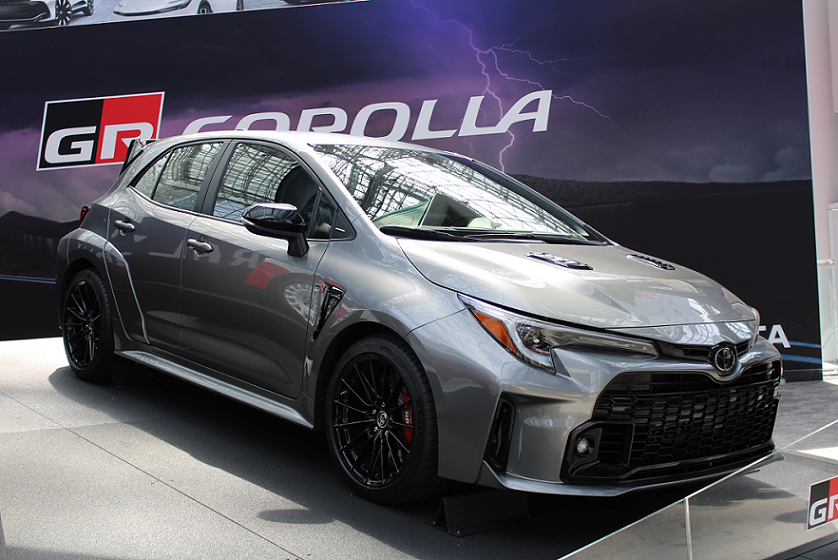
When it comes to reliability and durability, some things are built to stand the test of time. Whether it’s a well-crafted product, a lasting relationship, or a trusted brand, true quality endures. Read More.

